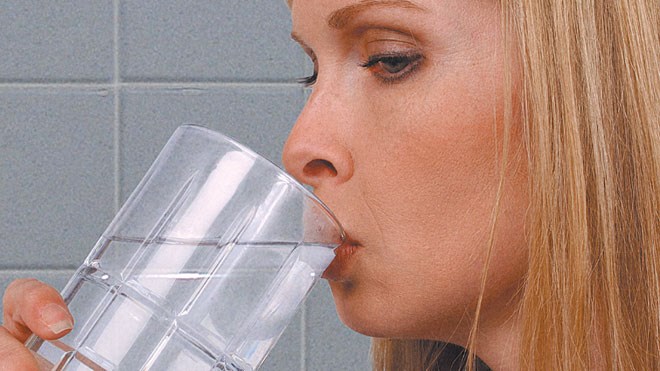The Sudbury and District Health Unit has issued some tips to avoid heat-related illnesses during this heat wave.
Continuous exposure to high levels of heat can lead to dehydration and illnesses such as heat stroke, heat exhaustion, heat fainting, heat edema (swelling of hands, feet and ankles), heat rash, heat cramps (muscle cramps), and even death.
Those at greatest risk for heat-related illness include older adults, infants and young children, pregnant women, people who work or exercise in the heat, people who use alcohol or illicit drugs, and people with chronic illness. As well, people who are homeless and low-income earners have less ability to protect themselves from the heat.
“Although some individuals are at higher risk, anyone can suffer from heat-related illnesses,” said Burgess Hawkins, a manager with the Health Unit’s Environmental Health Division. “Everyone should take precautions.”
Tips on how to prevent heat-related illness:
- Frequently visit neighbours, friends, and older family members, especially those who are chronically ill, to make sure that they are cool and hydrated.
- Drink plenty of cool liquids, especially water, before you feel thirsty to decrease your risk of dehydration. Thirst is not a good indicator of dehydration.
- Babies under 6 months of age do not need extra water in hot weather; however, you might need to feed them more often. Follow your babies cues. Encourage babies over 6 months and children to drink frequently. Offer breastmilk or if not breastfeeding offer water.
- Reschedule or plan outdoor activities during cooler parts of the day.
- Wear loose-fitting, light-coloured clothing made of breathable fabric.
- Never leave people or pets in your care inside a parked vehicle or in direct sunlight—even if the windows are down.
- Take a break from the heat by spending a few hours in a cool place, for example, in a tree-shaded area, swimming facility, or an air-conditioned public building, shopping mall, grocery store, place of worship, or public library.
- Take a cool bath or shower periodically, or cool down with cool, wet towels.
- Prepare meals that do not need to be cooked in your oven.
- Block sun out by closing awnings, curtains or blinds during the day.
- Avoid sun exposure. Shade yourself by wearing a wide-brimmed, breathable hat or using an umbrella.
- If you are taking medication or have a health condition, ask your doctor or pharmacist if it increases your health risk in the heat and follow their recommendations.
- Know the signs and symptoms of heat-related illness. They include dizziness or fainting, nausea or vomiting, headache, rapid breathing and heartbeat, extreme thirst, and decreased urination with unusually dark yellow urine. If you or someone in your care experiences these symptoms, contact a health care professional, friend, or family member for help. In emergencies, call 911.
For more information on Heat Warnings and preventing heat-related illness, phone the Sudbury and District Health Unit at 705-522-9200, ext. 464, toll-free at 1-866-522-9200, or visit www.sdhu.com.
